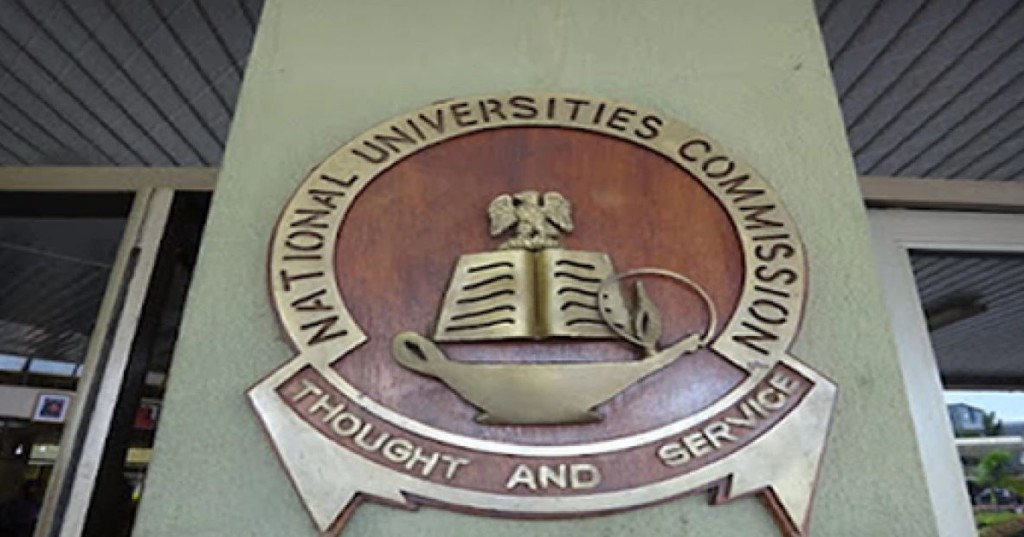NUC Declares Shortage Of Lecturers, Demands Exclusion Of Varsities From ‘Jobs Embargo’
The National Universities Commission has declared that there is a shortage of lecturers in Nigerian varsities, stating that 100,000 academic staff currently cater to 2.1 million students
The commission said owing to this fact, universities should be excluded from the Federal Government’s plan to place embargo on new recruitment of civil servants.
Advertisement
This was contained in the NUC’s latest bulletin.
The Deputy Executive Secretary, Administration, NUC, Mr Chris Maiyaki, who was quoted in the bulletin, said the commission supervises over 200 universities, consisting of 48 Federal owned, 54 State owned and 99 privately owned institutions.
“The entire system has about 2.1 million students and staff strength of about 170,000 non-teaching and 100,000 academic staff. Some of the problems facing the system include increased running cost, meagre budgetary allocations, issue of power shortages and shortages of manpower.
“There is a need for universities to be isolated from the Federal Government’s circular on embargo on new employment because of the peculiarity and distinctive nature of the universities in order for them to keep up the pace in attaining comparable standards with their counterparts globally,” he said.
Advertisement
Maiyaki also disclosed that there is incessant interference in the NUC’s functions by certain professional bodies.
“We also have incessant interference in the NUC’s functions by some professional bodies and associations, which have continued to issue needless instructions to universities.
“Other challenges in the Nigerian university system include the issue of digital response to COVID-19 lockdown,” he said.
Maiyaki recalled that the COVID-19 pandemic forced Nigerian universities to begin embracing the use of technology in knowledge delivery, with more varsities developing their digital hub to begin extensive use of online platforms.
“Within the period, the NUC had been conducting some activities, which included major curriculum review, assessment of universities on their E-Learning requirements, strengthening of quality assurance mechanism as well as fortifying modern methods of data processing and retrieval,” he added.



